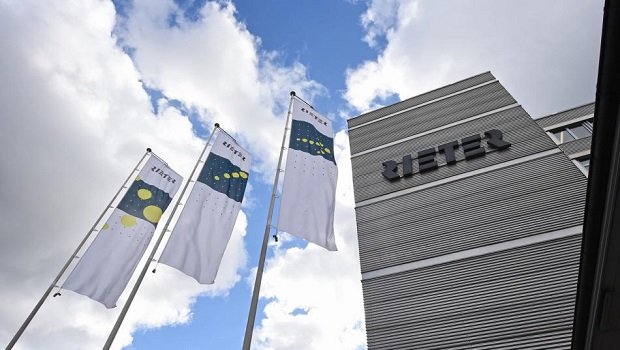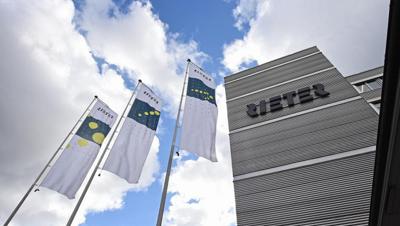
Despite very challenging economic environment, Rieter succeeded in significantly increasing sales and expects a positive EBIT margin for the 2022 financial year. Annual sales at Rieter Holding AG, Winterthur/Switzerland, increased by 56% to CHF 1.51 billion in 2022 compared with the previous year. Geopolitical uncertainties, the rapid rise in inflation, and additional development expenditure to compensate for material bottlenecks, weighed heavily on earnings. Higher expenses were also incurred in connection with the acquired businesses. Despite the challenging environment, Rieter generated an EBIT margin of 2.1%. The EBIT in 2022 was CHF 32.2 million (2021: CHF 47.6 million). Implementation of the measures already initiated to improve profitability is continuing.
Order intake was CHF 1.16 billion in 2022 (2021: CHF 2.26 billion) and thus remained at a high level thanks to the company’s technological lead and broad international presence. The market situation, especially in the 2nd half of 2022, was characterized by investment restraint and below-average capacity utilization at spinning mills due to geopolitical uncertainties, rising financing costs, and consumer reticence in important markets.
The company had an order backlog of around CHF 1.54 billion at the end of 2022, which thus extends into 2023 and 2024.
Outlook
For the coming months, Rieter expects below-average demand for new equipment at first, with a revival expected in the 2nd half of 2023 after ITMA, the leading trade fair in Milan/Italy. Rieter also believes that demand for consumables, wear & tear and spare parts will recover during 2023.
For the 2023 financial year, due to the high order backlog, Rieter anticipates sales in the order of magnitude of the previous year.
The realization of sales from the order backlog continues to be associated with risks in connection with the ongoing geopolitical uncertainties, rising financing costs, continuing bottlenecks in the supply chains, and possible, currently unforeseeable consequences of the earthquake in Turkey in February 2023. Despite the price increases already implemented, further global cost increases continue to pose a risk to the growth of profitability.



